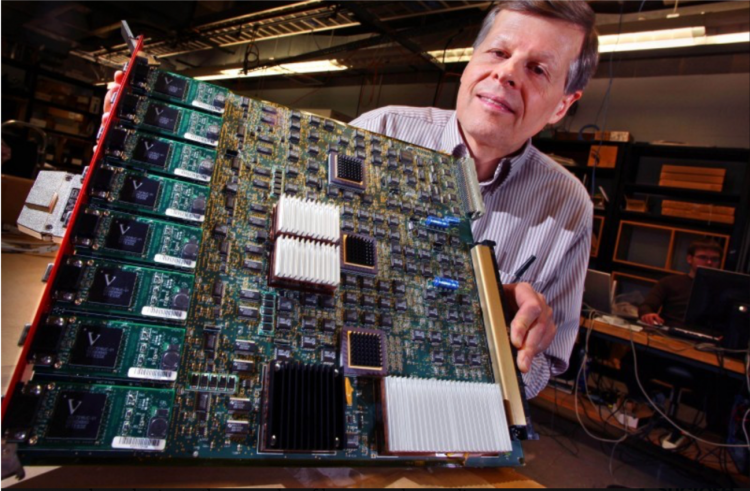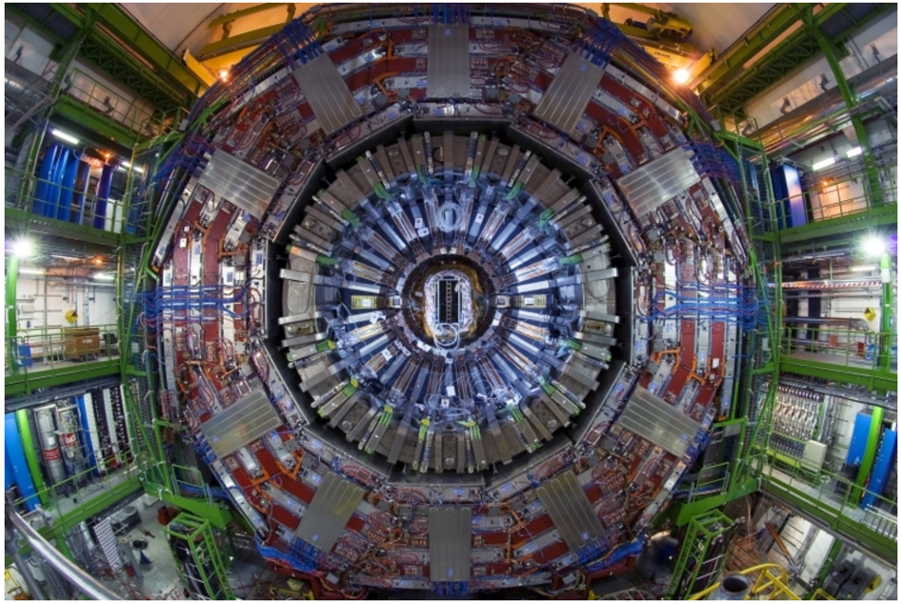
The CMS member Wesley Smith received the 2020 W.K.H. Panofsky Prize
Prize has been a top award of the American Physical Society (APS) that aims to recognize and encourage “outstanding achievements in experimental particle physics”.
On October 22nd, APS announced that it would honour Wesley Smith, Professor Emeritus of Physics and former Bjorn Wiik Professor of Physics at the University of Wisconsin, with this prestigious Prize for the development of sophisticated trigger systems that lead to the discovery of the Higgs.
The trigger system is at the very heart of the CMS experiments because it selects which data from the proton collisions have to be saved and which can be discarded. The CMS detector takes a snapshot every time that proton beams collide and, at the CERN LHC, beams collide 40 million times per second.This means over a megabyte of data, 40 million times per second.Due to the impossibility of saving all these data, it is necessary to rescue a fraction for further study including the one in 10 trillion collisions that actually has an Higgs boson.
For this purpose, in 1993, Prof. Smith was asked to lead the CMS triggering team. As Trigger Project Manager Prof. Smith, together with his team, succeeded in designing and building the trigger electronic systems based on a two-step mechanism that filters 1,000 interesting collisions from the 40 million LHC beam crossings every second.In other words the trigger systems throws out about 99.9999% of the data to keep a tiny fraction where the physics will be uncovered.
Later,as Trigger Coordinator of the CMS experiment, Prof. Smith led the international team of more than 100 physicists responsible for the selection of the CMS data that has been used to produce over 900 scientific publications including the discovery of the Higgs boson in 2012.Among many results, Prof. Smith and the UW group on CMS that he led, have been responsible for studies of the Higgs-like boson decay to taus, electrons and muons and measurements of W and Z boson production accompanied by hadron jets.
Professor Smith's expertise and dedication, and his natural skills as trainer and leader, were primary reasons for the innovative trigger systems and the physics success of the CMS experiment.
Wesley Smith, University of Wisconsin - Madison
"For the development of sophisticated trigger systems for particle physics experiments, which enabled measuring the detailed partonic structure of the proton using the ZEUS experiment at the Hadron-Electron Ring Accelerator and lead to the discovery of the Higgs Boson and the completion of the Standard Model with the Compact Muon Solenoid experiment at the Large Hadron Collider."
- Log in to post comments

